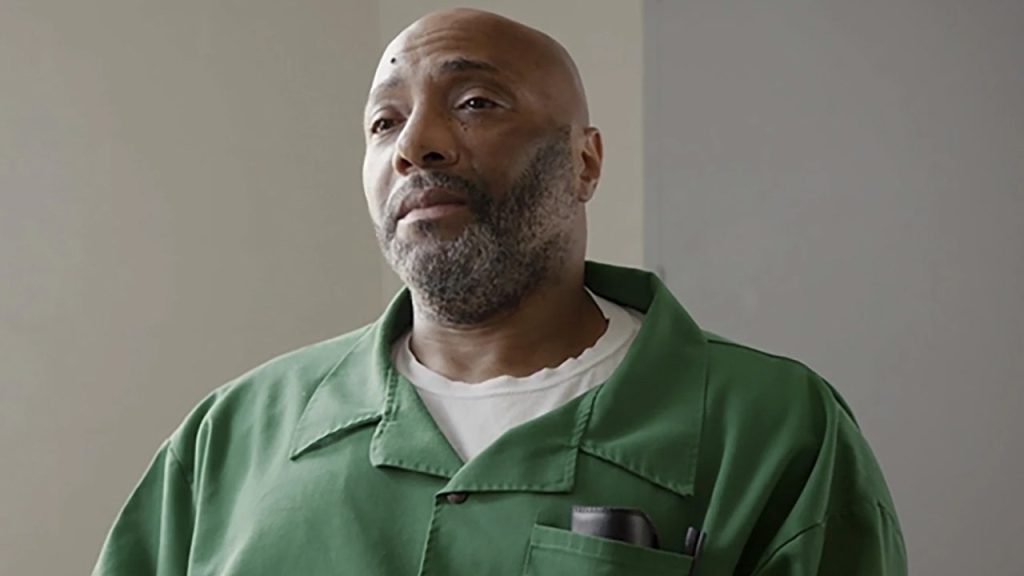Richard Moore, a South Carolina death row inmate convicted of murder, aggravated assault, armed robbery, and handgun violations, is facing his upcoming execution on November 1. He was found guilty of killing convenience store worker James Mahoney in Spartanburg in September 1999. As the execution date approaches, the 59-year-old has been given the choice between a firing squad, lethal injection, or the electric chair. If he does not make a decision by October 18, he will be electrocuted.
Prison officials have informed Moore that the state’s electric chair, built in 1912, has been tested and is in working order. South Carolina has transitioned from using a mix of three drugs for lethal injections to using a single drug, pentobarbital. Additionally, the firing squad method has been made available in South Carolina since 2021, with only a few other states, including Mississippi, Oklahoma, Utah, and Idaho, also allowing this method. Three volunteers have been trained to carry out the firing squad option if Moore chooses this route, aiming for the heart from 15 feet away.
South Carolina Corrections Director Bryan Stirling stated that Moore has until the deadline to decide on his method of execution. Moore, who has been on death row, is planning to request mercy from Republican Governor Henry McMaster to commute his sentence to life without parole. However, no South Carolina governor has ever granted clemency in such cases. The state has executed 44 inmates since the reinstatement of the death penalty in the U.S. in 1976, with an average of three executions per year in the early 2000s.
As the execution date nears, Richard Moore faces a decision that will determine the way he will meet his end. The options of a firing squad, lethal injection, or the electric chair are now available to him, and he must make a choice by October 18. With the electric chair tested and found to be functional, South Carolina has shifted to using pentobarbital as the sole drug for lethal injections. The firing squad method, now permitted in the state, has three volunteers trained and ready to carry out the execution if it is selected.
Despite the availability of multiple execution methods, Richard Moore is seeking clemency from the governor to have his sentence reduced to life without parole. This request for mercy may ultimately determine his fate as South Carolina has never granted clemency in past cases. With the history of 44 executions in the state since the reinstatement of the death penalty, Moore’s case adds to the ongoing debate surrounding the use of different lethal methods in capital punishment. The decision he makes in the coming days will impact the final outcome of his long-standing case on death row.













